Life
Sign up for our newsletter
We summarize the week's scientific breakthroughs every Thursday.
-
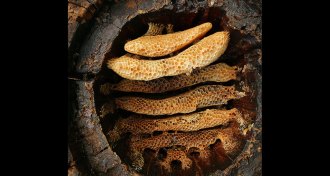 Archaeology
ArchaeologyHoneybees sweetened early farmers’ lives
Residue on pottery pegs ancient farmers as devotees of honeybee products.
By Bruce Bower -
 Health & Medicine
Health & MedicineAntibodies to fight Alzheimer’s may have unexpected consequences
Alzheimer’s-targeted antibodies make neurons misbehave even more, a study of mice shows.
-
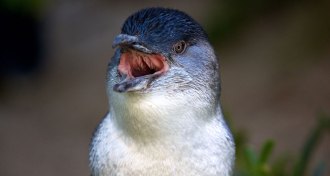 Animals
AnimalsWindy days mean smaller meals for little penguin chicks
Wind speed appears to affect how much food little penguins can bring home for their chicks.
-
 Life
LifeGene editing helps a baby battle cancer
Doctors used molecular scalpels to tweak T cells to target leukemia but not harm the patient.
-
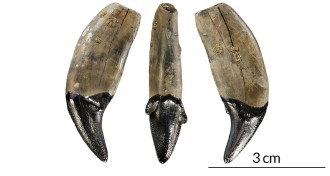 Anthropology
AnthropologyAncient hominids used wooden spears to fend off big cats
Saber-toothed cat remains suggest ancient hominids used wooden spears as defensive weapons.
By Bruce Bower -
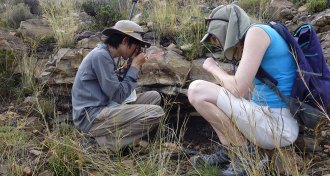 Paleontology
PaleontologyLand life spared in Permian extinction, geologists argue
New rock layer dating in South Africa’s Karoo Basin suggests that extinctions of land species didn’t coincide with the Permian extinction around 252 million years ago.
-
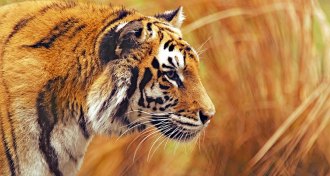 Animals
AnimalsBig cats hunt livestock when wild prey is scarce
Lions, tigers and other big cats tend to hunt livestock only after their wild prey has dropped in availability, a new study shows.
-
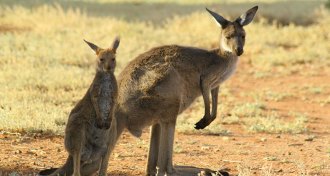 Climate
ClimateKangaroo farts may not be so eco-friendly after all
Kangaroos fart methane, but not much thanks to the metabolism of gut microbes
-
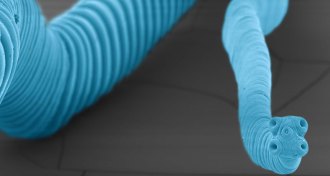 Health & Medicine
Health & MedicineParasite gives a man cancer
Tapeworms can kick parasitism up a notch to become cancer, a case in Colombia shows.
-
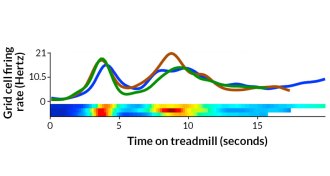 Neuroscience
NeuroscienceBrain’s GPS cells map time and distance, not just location
Brain’s GPS cells map time and distance, too.
-
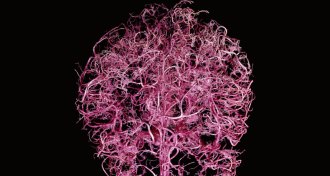 Neuroscience
NeuroscienceBlood exerts a powerful influence on the brain
Instead of just responding to the energy needs of neurons, the blood can have a direct and powerful influence on the brain.
-
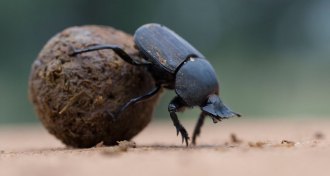 Animals
AnimalsColor of light sets dung beetles straight
Dung beetles may rely on green and ultraviolet colors in the sky to help orient themselves.
By Susan Milius